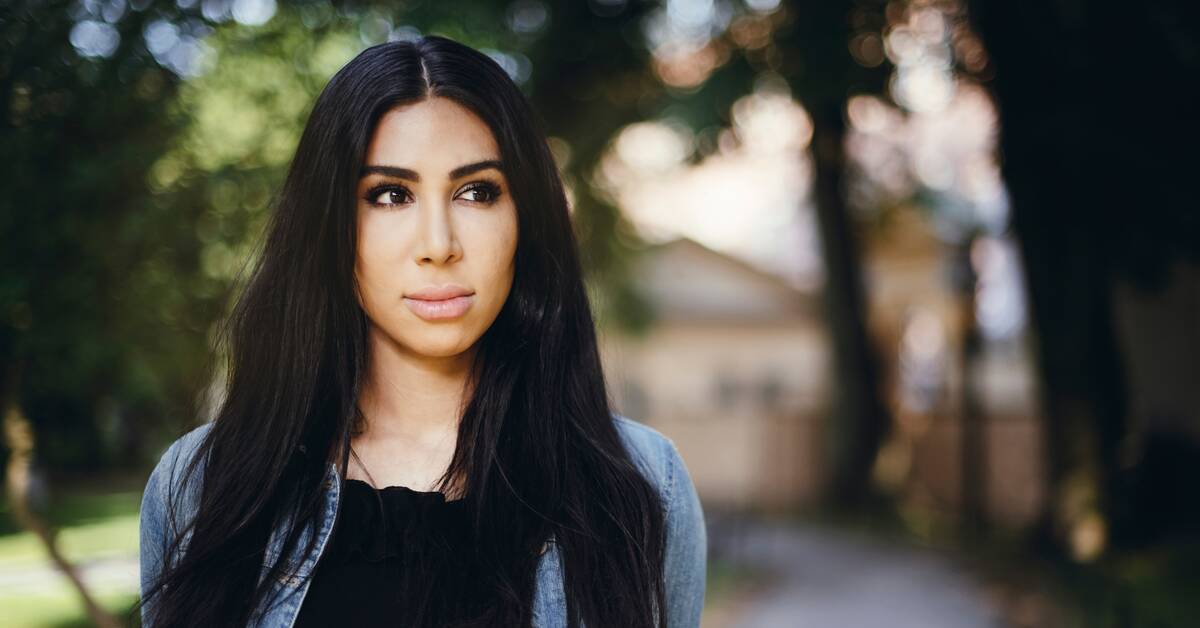The first part, "Miizeria", came in 2018 and now the trilogy ends with "100K".
The novels take place in an unnamed suburb and are about the twins Aisha and Ali, their friends and parents - and how all their lives change when Ali's best friend Osman is shot to death.
Melody Farshin is basically a stand-up comedian.
She says that it was not difficult to switch from writing for the stage to writing books for teenagers.
The critics' accolades and awards she received from the publisher Natur & Kultur she received for how she uses slang and creates new linguistic images, she takes calmly, and says that it is a language she is surrounded by.
- It is not stressful for me to write with slang.
I have seen slang used incorrectly time and time again, when you really want to poke in something that has to do with the place because it is trendy.
But you may not be from there and then it will be like when you fake Gothenburg - it falls flat.
Stories for those who are without
"100K" is like the previous books about the twins Aisha and Ali, their friends, love affairs and the relationship with parents and a society that does not really understand how much they all fight.
Melody Farshin herself read a lot when she was growing up, but had a hard time finding stories and characters she could recognize herself in.
- My main target group is the children of the million programs.
We do not have as much literature that is created by and for ourselves, she says and continues:
- It is rare that we even get to have a personality or a character, our own story, our own dreams and goals - that all other characters have.
That's why I wanted to write.
I wanted to create stories for those who are without.
The shootings are a pandemic
The title of the new book "100K" refers to the price of the murder that shatters the lives of all the characters in the book.
- I wish we could have written books about the suburbs that reflect how we live today without even mentioning the fatal shootings, but then I would have lied.
- We all live in the shadow of it, we live among relatives who mourn, we live among funerals.
This is a huge pandemic in our towns that is not taken seriously.

